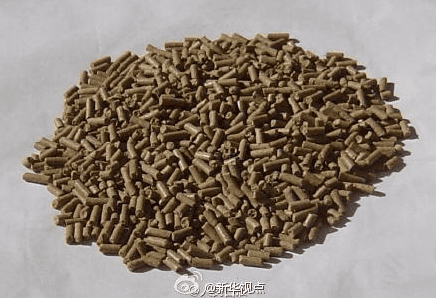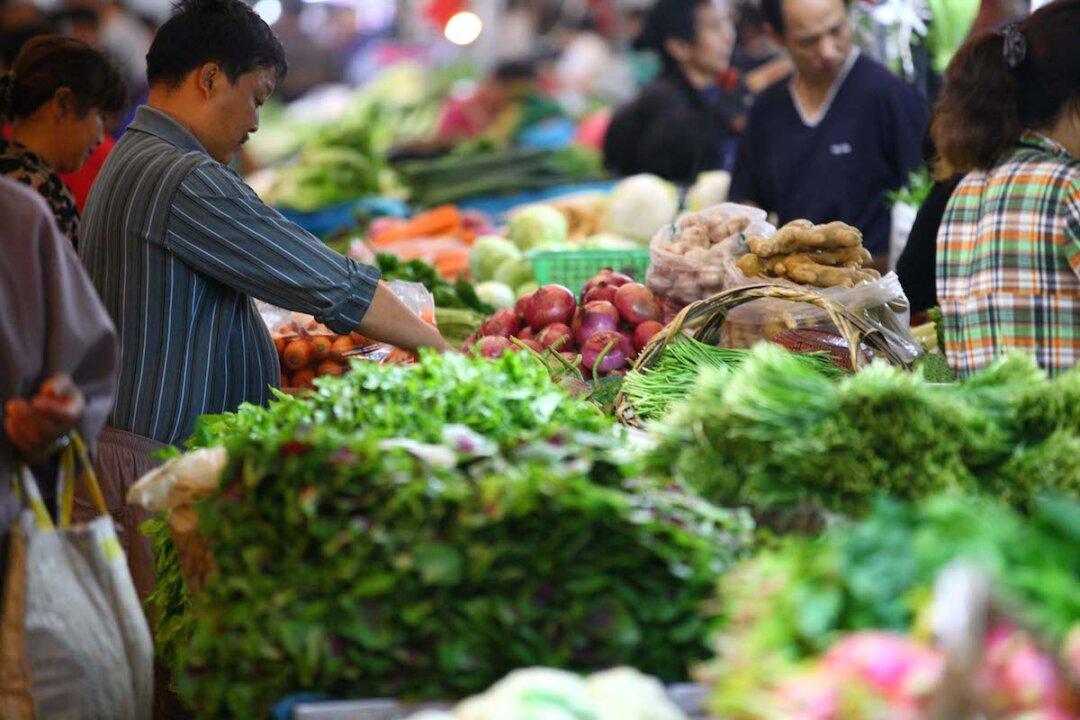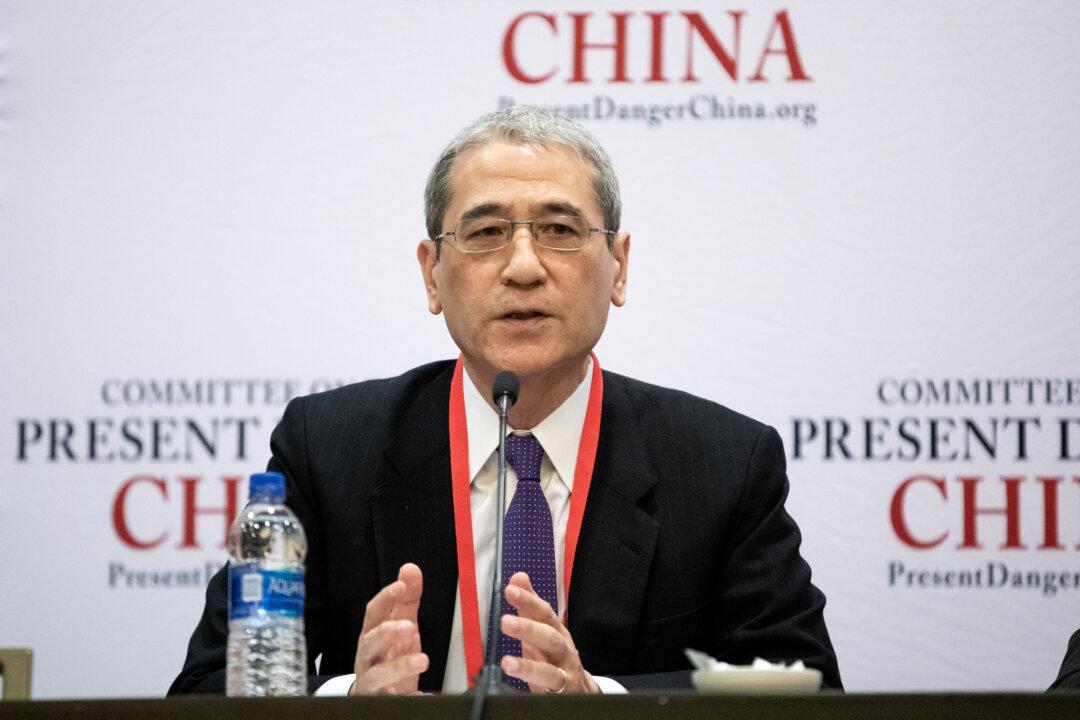Following numerous food scandals in China in recent years—from vegetables soaked in pesticides to pork injected with growth hormones—the Chinese regime might finally be taking food safety seriously.
In a recent press conference addressing food safety concerns, China’s Supreme People’s Procuratorate, the country’s public prosecutor, revealed that between January 2014 to June 2015, authorities arrested 5,212 suspects and prosecuted 12,871 people for producing or selling toxic, hazardous, or other substandard foods.
The Chinese regime also recently amended a 2009 food safety law, adding fifty new articles setting tougher penalties for violations, which will go into effect on Oct. 1 of this year.
But the government’s attempts to address rampant food violations in China might not be able to restore people’s faith in food products in China, especially considering the entrenched network of corruption involved. An annual China Youth Daily survey in March showed that out of various “quality of life” issues, like housing or the environment, the public worried the most about food safety, with 77.3 percent of respondents identifying it as their greatest concern.
This became apparent in April when, following a China Central Television report about a few batches of pesticide-tainted strawberries in Beijing, the price of the fruit plummeted nationwide. Even after experts raised doubts about the initial test results, and local authorities declared they had found no dangerous pesticides in the strawberries in their areas, skeptical Chinese citizens continued to steer clear of the fruit.
But the public’s fears are not without good reason. The following are five of the major cases involving substandard, fake, or poisonous food products in the past year and a half that would probably make any consumer weary.
1. Dangerous Blood-Sugar-Reducing Supplements






